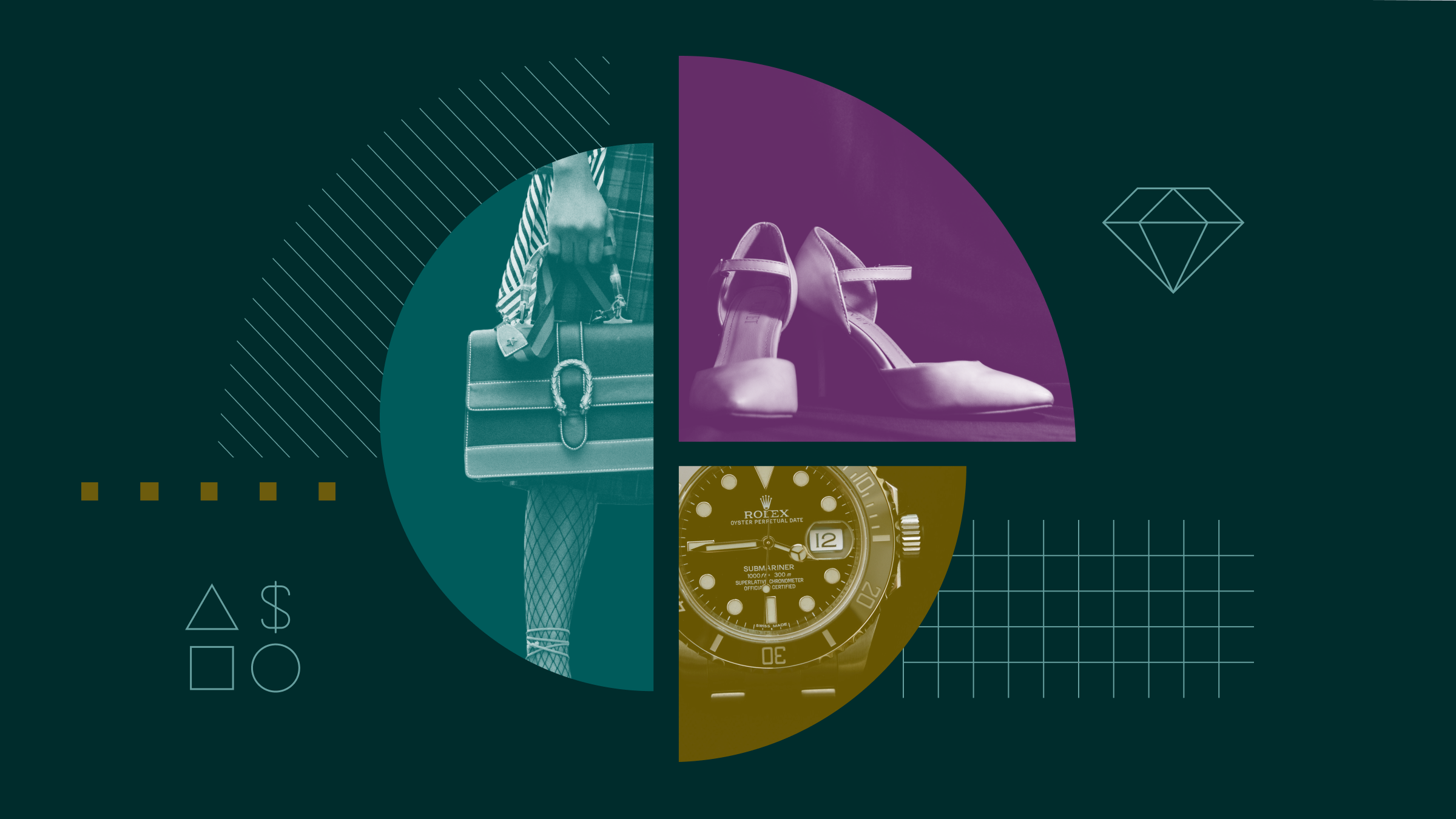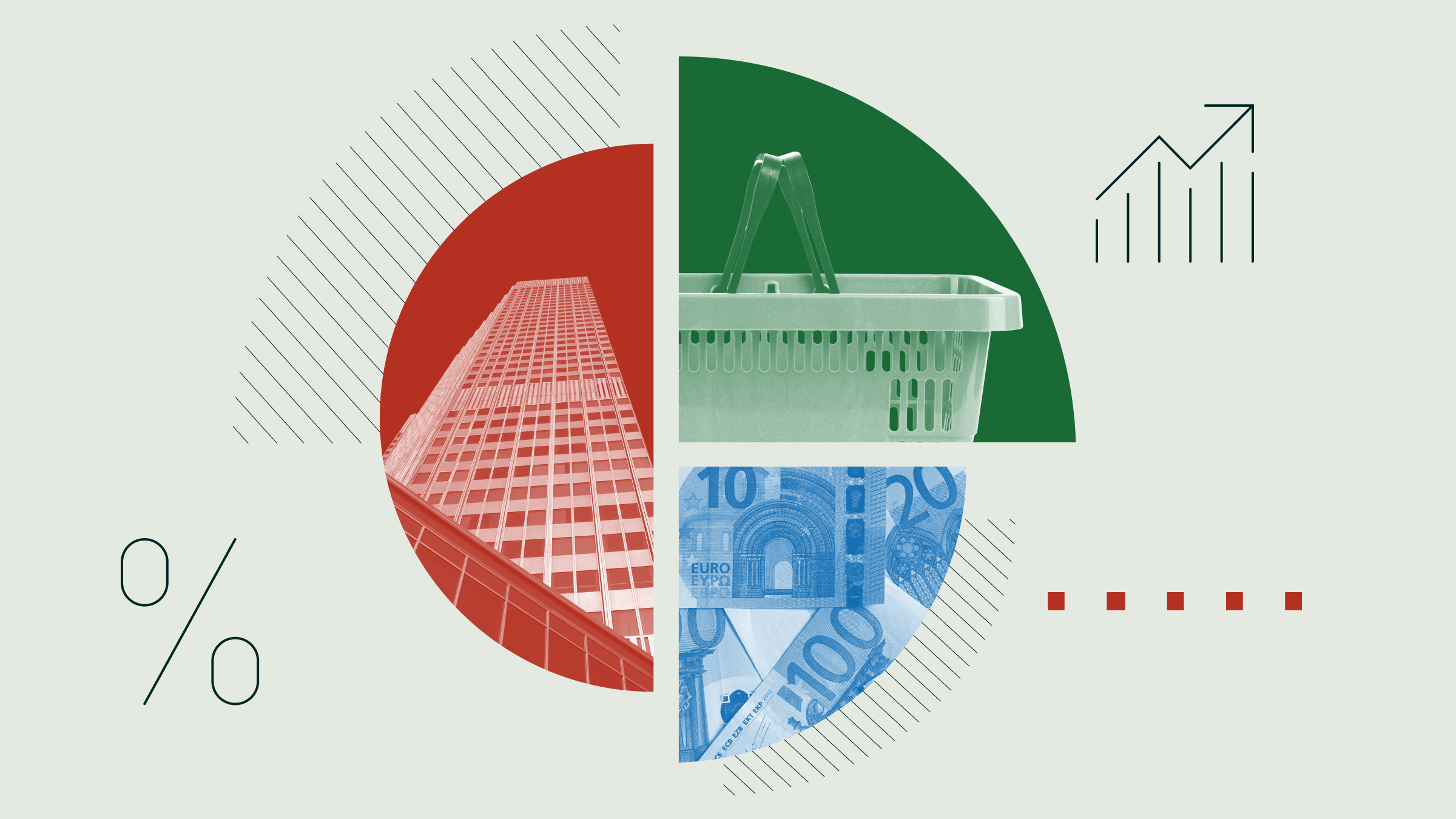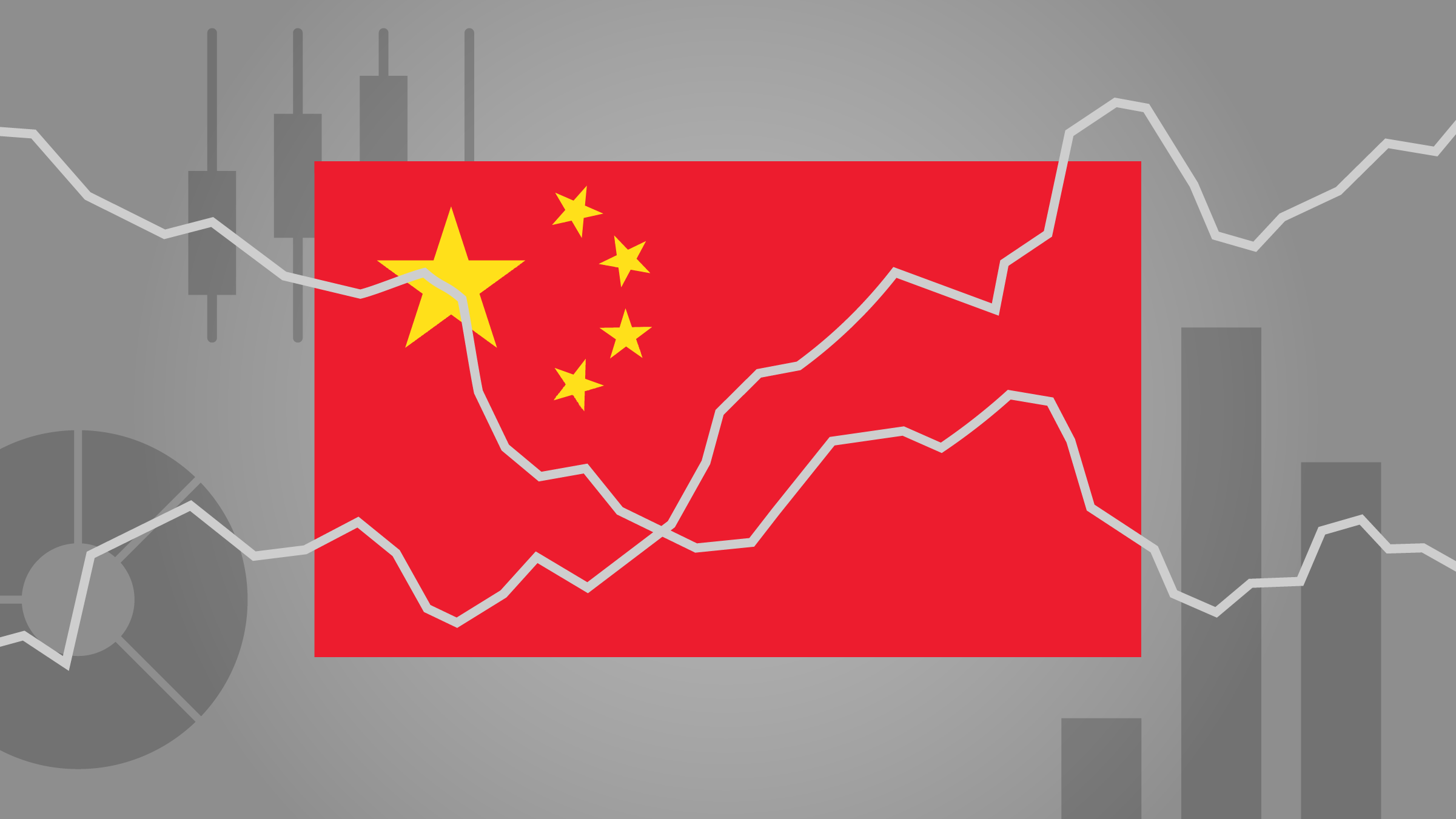Koningin Máxima wees haar toehoorders, waaronder topbestuurders van Europese pensioenfondsen, verzekeringsmaatschappijen, banken en vermogensbeheerders, erop, dat een derde van de wereldbevolking geen toegang heeft tot financiële diensten. Ze pleitte voor financiële geletterdheid en toegang tot financiële diensten voor mensen in ontwikkelingslanden om hen verder te helpen. Daarvoor moet er overal een stabiel betrouwbaar financieel systeem zijn.
Wanneer mensen geen toegang hebben tot financiële diensten dan kunnen ze hun ondernemingsvaardigheden, innovatieve ideeën en hun talenten niet benutten. Een economie die zijn potentieel niet benut is slecht voor ons allemaal: entrepreneurs, werkenden, consumenten en beleggers, aldus de koningin.
Nederland ook Het gaat hier volgens Máxima echter niet alleen om individuen en het beperkt zich niet tot ontwikkelde economieën. Bijna de helft van de 400 miljoen midden- en kleinbedrijven in opkomende markten ontberen de financiering die ze nodig hebben om te kunnen groeien. En het zijn juiste dit type ondernemingen die een aanzienlijke bijdrage leveren aan economische groei en werkgelegenheid. Dat is in Nederland niet anders, benadrukte de koningin.
Het gaat hier volgens Máxima echter niet alleen om individuen en het beperkt zich niet tot ontwikkelde economieën. Bijna de helft van de 400 miljoen midden- en kleinbedrijven in opkomende markten ontberen de financiering die ze nodig hebben om te kunnen groeien. En het zijn juiste dit type ondernemingen die een aanzienlijke bijdrage leveren aan economische groei en werkgelegenheid. Dat is in Nederland niet anders, benadrukte de koningin.
Het is volgens Máxima ook duidelijk een Europese kwestie. In Europe hebben we meer mensen nodig die hun eigen bedrijf beginnen, stelde ze. Mensen met passie en ondernemingslust die hun eigen werkgelegenheid creëren en toekomstiige welvaart verzekeren. We kunnen het ons niet veroorloven om talent niet te gebruiken.
Speciale pleitbezorger
Máxima sprak in haar functie als speciale pleitbezorger van de secretaris-generaal van de Verenigde Naties voor inclusieve financiering voor ontwikkeling. Onder ‘inclusieve financiering’ wordt de toegang tot financiële diensten tegen betaalbare kosten verstaan voor mensen met een laag inkomen of een kwetsbare positie in de samenleving of voor kleine ondernemingen. Naast microkrediet zijn ook sparen, verzekeringen en andere financiële basisdiensten onderdeel van inclusive finance. -
Máxima nam de Amsterdamse effectenbeurs, de VOC en de 17de eeuwse Grietje Dircksdochter als voorbeeld. De VOC is de eerste onderneming waarvan de aandelen publiekelijk werden verhandeld en daarmee is de Amsterdamse effectenbeurs de oudste ter wereld. Ze wees erop, dat ook gewone mensen aandelen VOC konden kopen en Dircksdochter was één van hen.
De koningin hoopt dat door inclusieve financiering alle wereldburgers aandeelhouder van de wereldeconomie kunnen worden.
Morningstar-oprichter Joe Mansueto heette koningin Máxima welkom en zag overeenkomsten tussen haar doelen en waar Morningstar voor staat: mensen financieel opleiden en helpen om hun financiële doelen te bereiken.
UNSGSA
Koningin Máxima is in september 2009 benoemd als speciale pleitbezorger van de secretaris-generaal van de Verenigde Naties, Ban Ki-moon, voor inclusieve financiering voor ontwikkeling (UNSGSA). Zij adviseert hem in deze functie over toegang tot financiële diensten en zet zich tevens wereldwijd in om financiële diensten voor iedereen toegankelijk te maken. Dit draagt bij aan de ontwikkeling van met name de lage-inkomensgroepen en de MKB-sector. In veel landen is het niet gewoon om bijvoorbeeld een bank- of spaarrekening te kunnen openen of om verzekeringen of leningen af te sluiten. Sinds juni 2011 is Koningin Máxima erevoorzitter van het G20 'Global Partnership for Financial Inclusion' (GPFI).
Volledige toespraak koningin Máxima op de Morningstar Investment Conference Europe.
Dear mr Mansueto, thank you so much for your words; I love to hear all the research that you have done. You have become a real advocate!
I am delighted to join you in what is an auspicious place for those involved in international finance. As you may know, Amsterdam is home to what is regarded as the oldest stock exchange in the world. It is also the birthplace of the first multinational corporation in the world. The foundation in 1602 of the Dutch East India Company, a large shipping company, is considered to have been the start of global stock trading as its shares were the first to be traded.
The charter of the Dutch East India Company stipulated that any Dutch citizen could buy shares in the company. Many did grasp this opportunity. And they were not only wealthy merchants! Among these first shareholders were corn dealers, grocers, bakers, brewers, tailors, seamstresses, sail makers, carpenters, cobblers and servants. One of the most modest participants was the Mayor of Amsterdam's maid. Her name was Grietje Dirksdochter.
Grietje saw a tipping point in Dutch history. This new opening provided ordinary people like her not only with the opportunity of becoming a shareholder of a mere shipping company. It provided her with the opportunity of becoming a shareholder of the Dutch Golden Age. Of an exciting era of social development and economic growth. She was taking part in a new, dynamic economy.
Since those days, international finance and the investment industry have continued to evolve. But the need for financial systems provide opportunities for all possible, hasn't altered since. We need healthy, vibrant and stable financial systems in order to safeguard sustainable economic growth. Not only for an elite, but for as many people as possible. When people have no access to financial tools, they really cannot utilize their entrepreneurial skills, their innovative ideas and their talents. And an economy that is not fulfilling its potential, is bad news for all of us: entrepreneurs, workers, consumers and investors.
A stable and dependable financial system rests on a broad base. Ideally it includes all entrepreneurs and households in developing, emerging and developed markets. In other words: a stable financial sector is an inclusive financial sector.
But what do we mean by inclusive finance for development and what makes it so important? My definition is "universal access for informed individuals and SMEs to a wide range of financial services, at a reasonable cost, provided by diverse responsible and sustainable institutions."
2.5 billion adults - more than a third of the world's population - are excluded from the formal financial system today. Without these financial services, families struggle with complicated, informal, risky and expensive tools to manage their cash in order to make ends meet. This can cost them more than 20% of their cash. Not to mention good financial planning and financial literacy. And did you know that 100 million people fall back into poverty due to medical costs each year? Savings accounts and health insurance really could prevent this.
But this is not only about individuals, nor is it exclusive to developing countries. Nearly half of the 400 million SMEs in emerging markets lack the financing they need to grow, while in developed markets this remains a huge challenge as well. SMEs contribute significantly to economic growth and employment. They provide two-thirds of private sector formal jobs in emerging markets. And this is not very different in the Netherlands.
Yet, without access to financial services and without adequate financial literacy, small business owners use inefficient tools and are forced to cut back on growth, innovation and efficiency. Consequently, entrepreneurship and employment suffer, economic development stagnates and investors are not really helped out.
So this is clearly a European issue as well. In Europe, we need more people to start their own business. People with passion and entrepreneurial skill, who will generate employment, income and secure our future prosperity. We really cannot afford to waste any talent!
Literature shows that financial inclusion is correlated with economic growth and development by allocating resources more efficiently and creating opportunities for all.
Therefore, I regard financial inclusion not only as a major challenge but also as an immense opportunity to build vibrant, stable and robust economies from which we all can gain from.
One word of caution…enabling access to financial products carries also risks. Very often, clients are constrained by asymmetries in financial knowledge, power and influence.
In order to protect them and their interests, access to finance must be provided in a careful manner.
Responsible finance is essentially about mutual benefit. It recognizes that what is good for clients, is ultimately good for the financial service provider. I think we heard by mr Mansueto today: better long term returns.
It means acknowledging, understanding and acting in accordance with the interests of the client, the end user.
Providing financial products that add real value to customers in a transparent way and at a reasonable cost lies at the core of responsible finance. Not only in the developing world, but also right here in Amsterdam, in your home, across Europe, and across the entire world.
Investors such as you are increasingly taking into account the relevance of Environmental, Social and Governance (ESG) factors, of which responsible finance is an important aspect. This is a wonderful development because as investors in inclusive finance, you are strategically placed to advance the interests of the client through your investments and the relationships with your investees. The UN Principles for Investors in Inclusive Finance - launched in 2011 - are tools to help you do just that.
Together with Marilou Golstein Brouwers from Triodos Investment Management and Else Bos of PGGM, we managed to establish these Principles. They are the result of extensive consultations and brainstorm sessions.
The Principles are meant for institutional investors such as pension funds, insurance companies and investment managers. They provide practical assistance for investors to build sustainable and responsible financial institutions. So far 49 asset owners and investment managers have signed up, and some of them are present here today!
Signatories commit to upholding the Principles in their own investments, and they commit to support participants in the financing chain to implement them.They acknowledge that client needs are at the heart of enterprise and financial services. Because they understand that expanding the market is not about providing more of the same product through traditional channels. It is about providing the client with the right product, at the right price and in the right place.
Key commitments under the principles include: expanding the range of financial services available to low-income people; integrating client protection into all policies and practices and promoting transparency in all operations.
Since 2008 we have had to relearn the lesson that the lack of transparency and understanding can have far-reaching, adverse effects for the entire financial system, the global economy and social development everywhere. The Principles seek really to address this and help prevent a crisis like that ever occurring again.
Ladies and gentlemen,
You have an important role to play in shaping our future. The companies you finance are agents of change. Only with strong, sustainable institutions and good products and services will we cultivate a strong financial sector with vibrant markets that includes everyone.
In the 17th century, the limited assets of a maid like Grietje Dirksdochter were included in the economy. An economy that, thanks to her and thousands of others, thrived. She became a shareholder of the Golden Age. It is my hope that financial inclusion will help to offer the same opportunities to millions of people all around the world and will help them to become shareholders of our global economy.
I congratulate Morningstar on its commitment to good financial stewardship. I am really happy you are spearheading this effort.
I hope your efforts as investors will be catalyst for future economic growth, wealth creation and development from which we shall all benefit. Thank you for your attention, and I hope you have very fruitful days here in Amsterdam.
Lees ook
Morningstar-conferentie over inclusieve financiering als veelbelovend instrument voor ontwikkeling
Koningin Máxima spreekt op beleggersconferentie van Morningstar





















